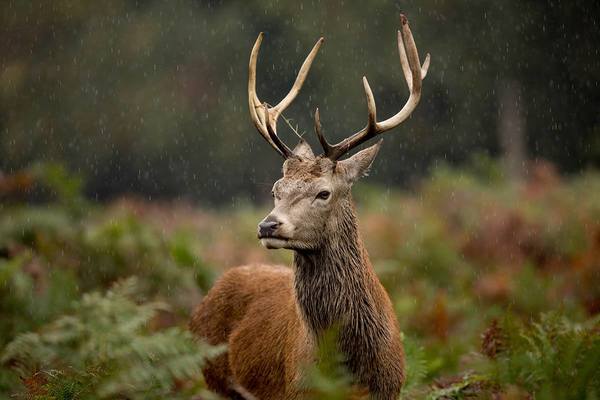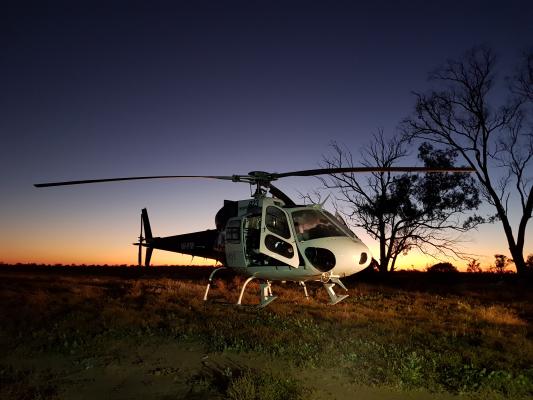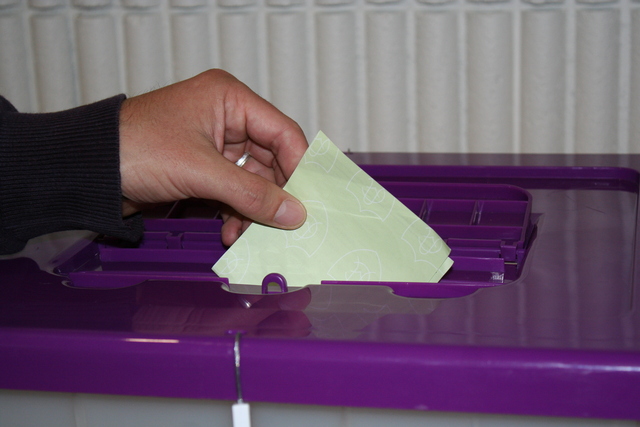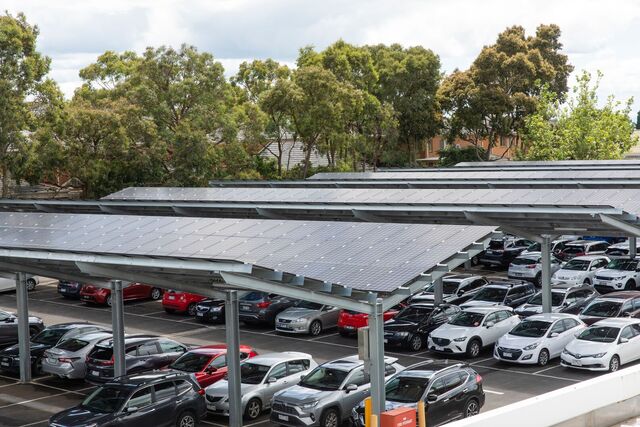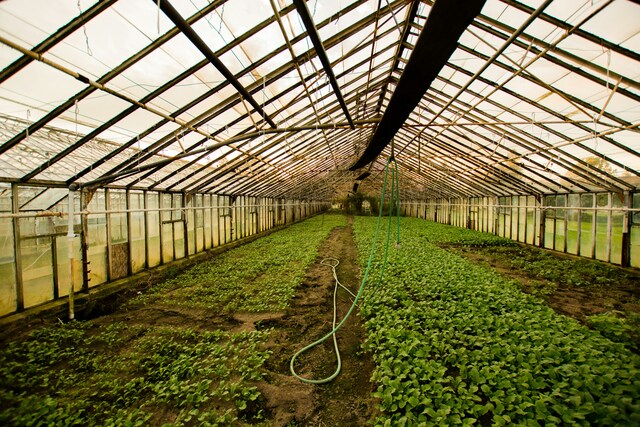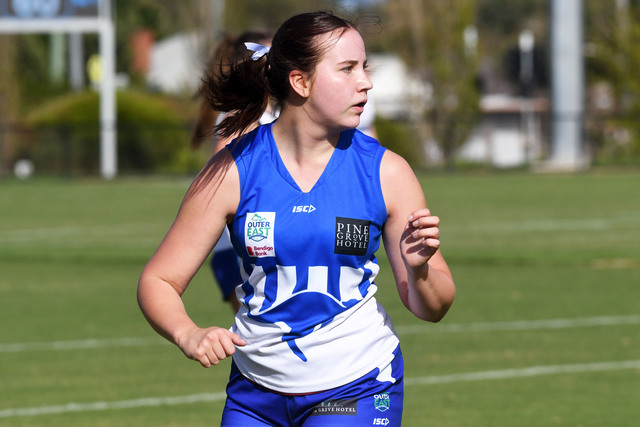While talk of feral deer is a common topic in the Hills, questions around just how big of an issue feral deer are have remained largely unanswered.
Lack of data makes it difficult to pinpoint just how many deer are out there, what habitats they prefer, whether numbers are increasing or decreasing and how rapidly.
To get a better understanding of just how big the deer population is in the Hills, the Cardinia Deer Management Coalition will be conducting some “major studies” towards the end of May.
With the help of a $20,000 Federal Government Communities Environment Program grant, the coalition have commissioned a chopper to conduct a thermal imaging aerial survey of large sections of the Cardinia Creek catchment area, in hopes it will give everyone a better understanding of “what we are dealing with” in terms of feral deer numbers and patterns.
President of Cardinia Deer Management Coalition, Mike Hall said “to come to grips with the issue, we need to understand it first of all“. “Only then will we be able to work out what the appropriate measures are,“ Mr Hall said.
“The choppers will be mainly around Emerald, Menzies Creek, South Belgrave, Cockatoo, Dewhurst, Upper Beaconsfield, Harkaway, a little corner of Officer and Beaconsfield and a bit of Berwick,” he said.
The aerial survey will be conducted by helicopter using the “latest” thermal imaging camera technology and will take place early one morning with the addition of an evening fly if required.
The coalition have also received $25,000 in funding from Melbourne Water’s Incentives Program to conduct ground studies in the same area as the aerial survey. It is hoped these surveys will assess the vegetation impact of browsing deer. Volunteers will also undertake “scat monitoring“ in hopes it will help to “assess changes in vegetation damage against the relative population of deer over time“.
The Cardinia Deer Management Coalition have also been in talks with Deakin University to gain the services of a graduate scientist, with hopes of establishing a long-term relationship with Deakin’s environmental studies program.
“These are exciting times for us in our efforts to address the feral deer problem in our shire. Fortunately we are not on our own and are very grateful for the support of local councils, Parks Victoria rangers and scientists, Melbourne Water and the Federal Government,” Mr Hall said.
Anyone interested in helping with ground surveys is urged to contact the Cardinia Deer Management Committee.

